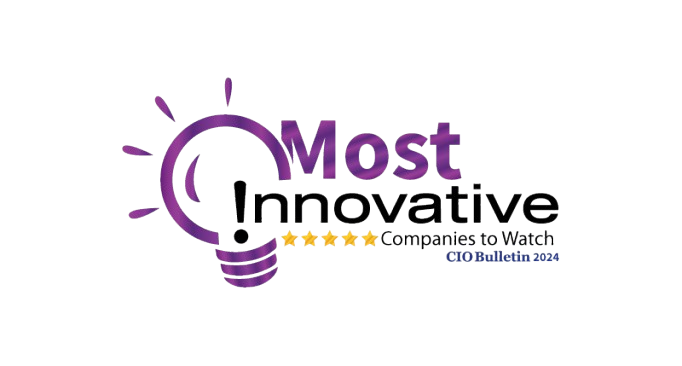Comprehensive Guide to Successful HubSpot Implementation
john • May 20, 2023
Welcome to our comprehensive guide to successful HubSpot implementation. At Proven ROI, we understand the importance of leveraging the power of HubSpot to drive your business growth and achieve marketing success. In this guide, we will provide you with invaluable insights, best practices, and step-by-step instructions to help you implement HubSpot effectively and outrank your competitors. Let's dive in!
Understanding HubSpot Implementation
HubSpot is a powerful all-in-one inbound marketing and sales platform designed to streamline your marketing efforts, attract leads, and nurture customer relationships. Successful implementation of HubSpot involves careful planning, strategy, and execution. By following the proven steps outlined in this guide, you'll be well on your way to maximizing the potential of HubSpot for your business.
Step 1: Setting Clear Objectives
Before diving into the implementation process, it's crucial to establish clear objectives for your HubSpot implementation. What are your key goals? Are you aiming to increase website traffic, generate more leads, or improve customer retention? Defining your objectives will guide your entire implementation strategy and ensure alignment with your business goals.Step 2: Assessing Your Current Infrastructure
To ensure a smooth implementation, it's essential to evaluate your existing marketing infrastructure. Take stock of your current CRM, email marketing tools, and other systems you use. Identify any pain points or inefficiencies that HubSpot can help address. This evaluation will allow you to seamlessly integrate HubSpot with your existing processes and optimize its capabilities.Step 3: Tailoring HubSpot to Your Business
HubSpot offers a wide range of features and tools, and tailoring them to your specific business needs is key to success. Identify which HubSpot modules and functionalities are most relevant to your objectives. Whether it's email marketing, lead generation, social media management, or customer relationship management, customize your HubSpot setup accordingly.Step 4: Data Migration and Integration
Smooth data migration and integration are critical for a successful HubSpot implementation. Identify the data you need to transfer from your current systems to HubSpot, such as contact lists, customer information, and marketing assets. Plan and execute a structured migration process to ensure all data is accurately transferred and integrated into HubSpot.Step 5: Creating a Content Strategy
Content is the backbone of any successful inbound marketing strategy. Develop a comprehensive content strategy that aligns with your business goals and target audience. Leverage HubSpot's content creation tools to craft compelling blog posts, landing pages, and email campaigns. Remember to optimize your content with relevant keywords to improve your search engine visibility.Step 6: Implementing Lead Nurturing Workflows
HubSpot's automation capabilities allow you to create powerful lead nurturing workflows. Design and implement automated workflows that engage leads at different stages of the buyer's journey. Personalize your communication, deliver relevant content, and drive conversions. HubSpot's lead scoring and tracking features will help you identify and prioritize your most valuable leads.Step 7: Leveraging Analytics and Reporting
To continuously optimize your marketing efforts, make use of HubSpot's robust analytics and reporting tools. Monitor key performance indicators (KPIs), track website traffic, measure conversion rates, and gain valuable insights into your marketing campaigns. Leverage this data to refine your strategies, identify areas for improvement, and achieve better results.Conclusion
Implementing HubSpot effectively is a game-changer for businesses seeking to excel in inbound marketing and drive growth. By following the steps outlined in this comprehensive guide, you're well-equipped to outrank your competitors and achieve marketing success with HubSpot. Remember, successful implementation requires ongoing evaluation, optimization, and adapting to the ever-evolving marketing landscape. Embrace the power of HubSpot, and propel your business to new heights.Featured Resources
Check Our Latest Resources

Proven ROI has been recognized as one of the Most Innovative Companies to Watch 2024 by CIO Bulletin—a testament to the company’s forward-thinking approach to CRM investments and strategic partnerships. By working closely with leading CRM platforms like HubSpot, Proven ROI is revolutionizing how businesses manage customer relationships, scale their operations, and drive growth.



